On Friday morning, Kyriakos Mitsotakis visited a pharmacy in central Athens and acquired a self-test for colon cancer as part of the National Prevention Program “Prolambano.”
Mitsotakis stated, “It is very important for us to initiate a large program of preventive examinations. As you may recall, it began with the ‘Fofi Gennimata’ Program for the detection of breast cancer – in fact, today is the global day for combating breast cancer – a program that was extremely successful because it allowed us to identify many women who had early symptoms of breast cancer without being aware of it. In an era where we place great emphasis on prevention, continuing this program for other diseases is crucial. Furthermore, this test for identifying symptoms that may indicate a risk of colon cancer is now available for free to all citizens aged 50 to 69. It is a very simple examination. Citizens in this age group have received this message. Do not ignore it, as prevention saves lives. A positive test does not mean, in any case, that someone has cancer. However, it is an indication that we should proceed with further examinations. I would also like to emphasize that the entire process is free and covered if the test is positive,” the Prime Minister said.
Mitsotakis was informed by the pharmacist about the test procedure and citizens’ responses to the program.
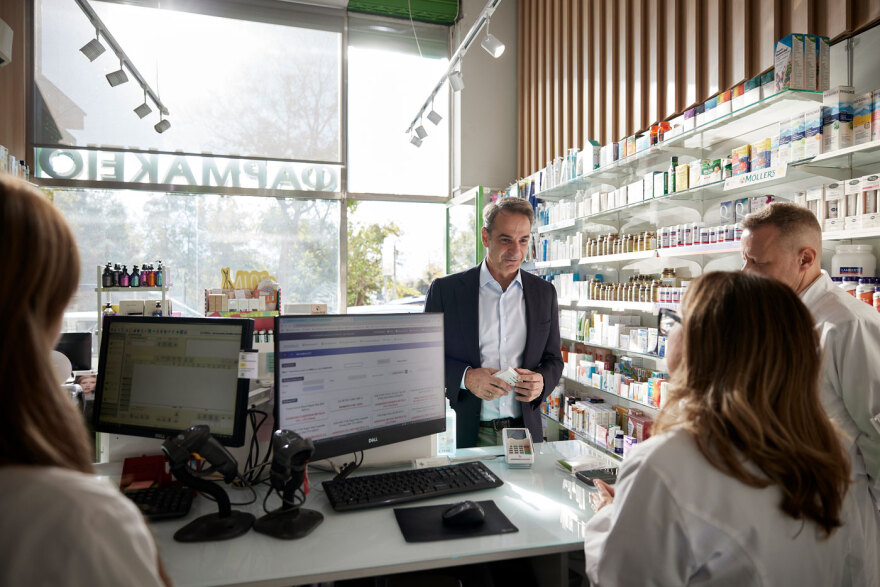
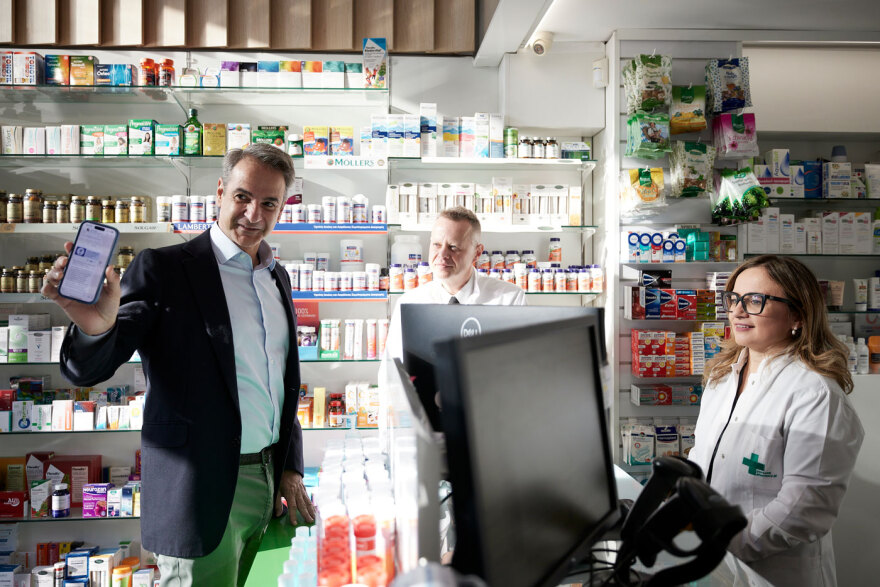
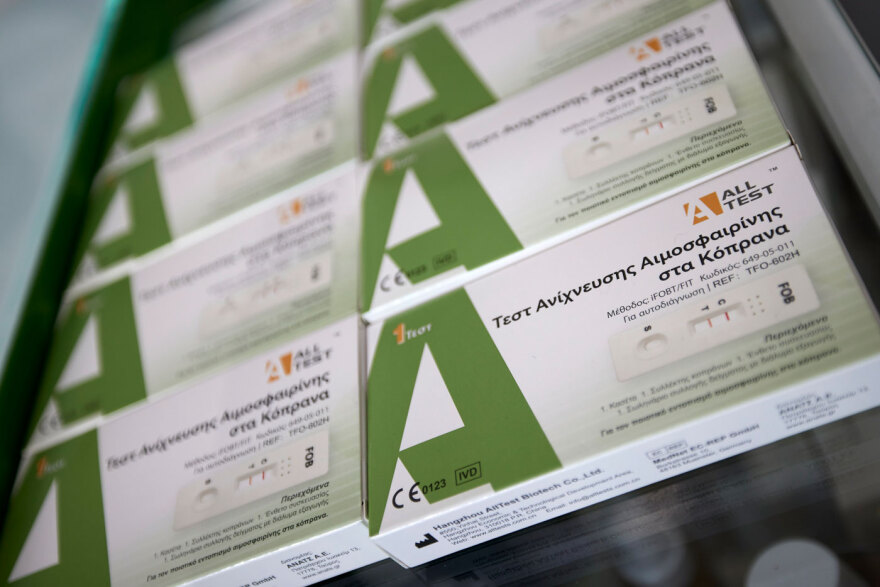
“We have seen great interest. The response has been very positive. It’s notable that they told us they were considering it and have now been encouraged by the campaign and the message they received. About 100 people have taken tests from our pharmacy so far,” said the pharmacist.
The Prime Minister highlighted that “the main message we need to convey, and we need you as partners in this effort, is to combat fear because it is a simple test, yet everyone is afraid. What if we find out something we don’t want to know? The answer is that the sooner we learn something we may have, the better our chances of addressing it. Especially for colon cancer, early diagnosis practically equates to full recovery. Therefore, it is very important to promote this program. For me, it is also the best proof that we need a state that cares for its citizens, and the best care we can provide is to invest in prevention. Whenever we think about health issues, we only think of hospitals. While we are making a significant effort to improve the quality of services in our hospitals, the big challenge is how to avoid reaching the hospitals in the first place. The more we invest in prevention and public health, the fewer cases we will have of citizens needing to go to the hospital, risking their lives, or suffering greatly even if they recover. Thus, prevention saves lives. We want you as allies in this major effort.”
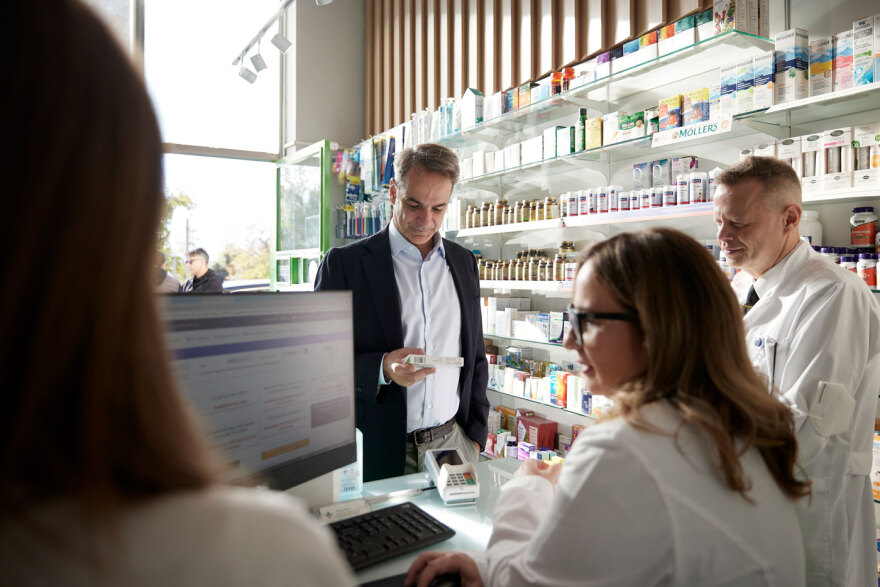
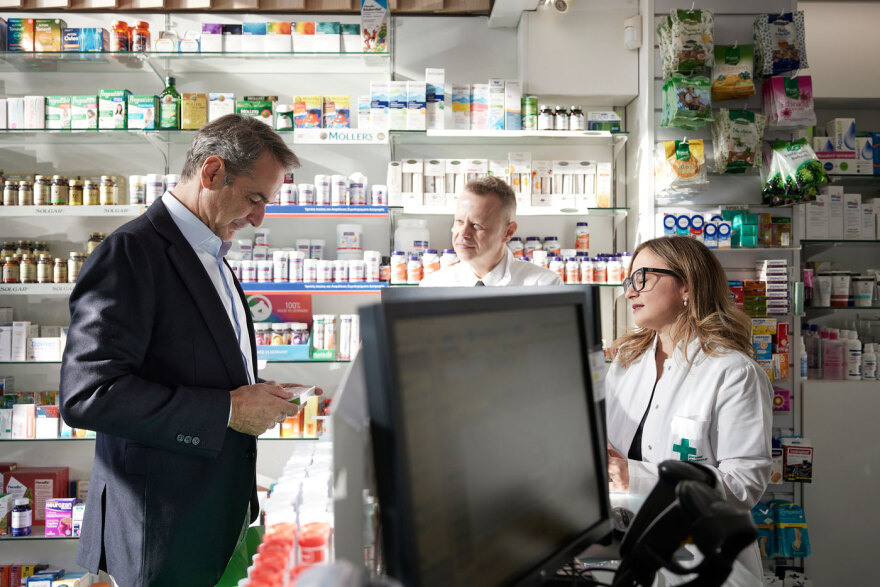
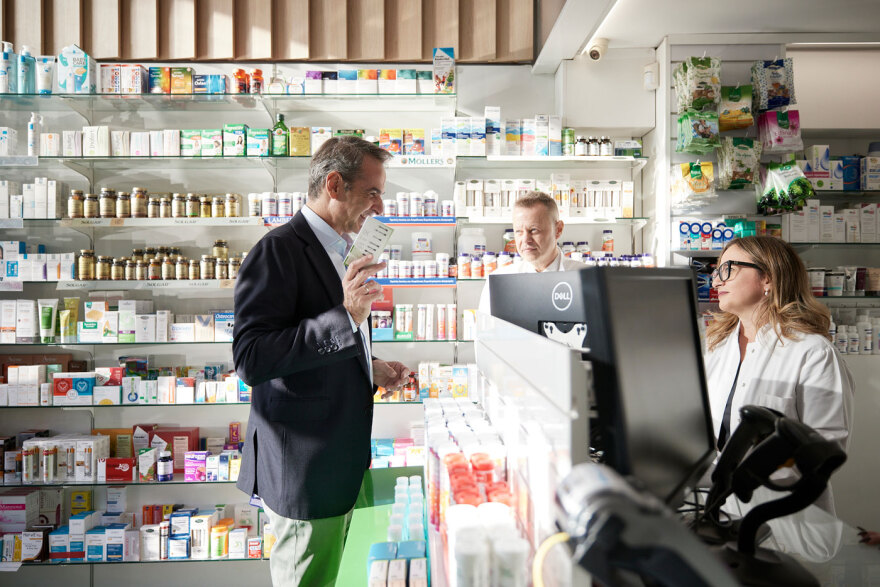
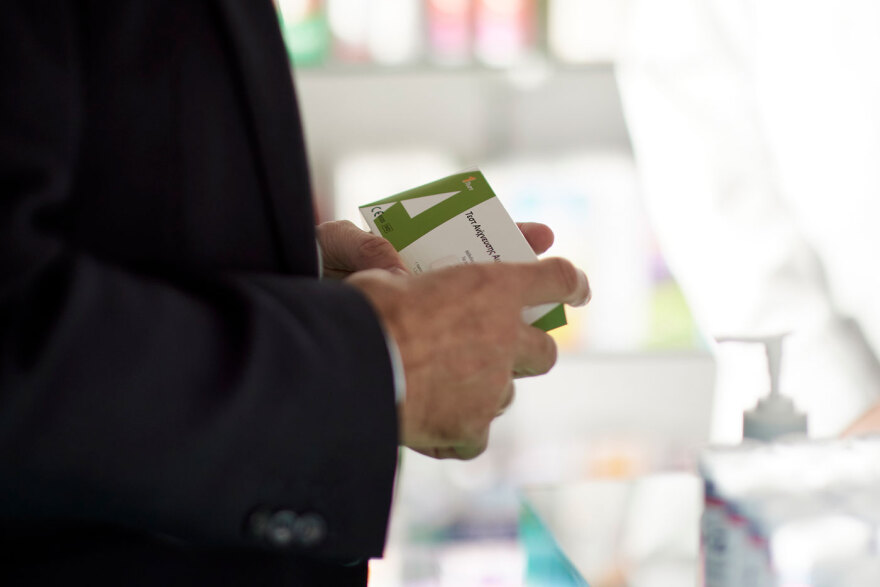
The pharmacist added, “We are trying, and I think the response is very positive and will proceed at a rapid pace.”
The prevention program against colon cancer targets 3.8 million men and women aged 50-69 and includes free self-tests (self-diagnostic check) and, in case of a positive result, a free visit to a gastroenterologist for clinical assessment, diagnostic colonoscopy, and biopsy. So far, referrals have been issued for 1,461,560 eligible individuals.
Ask me anything
Explore related questions





